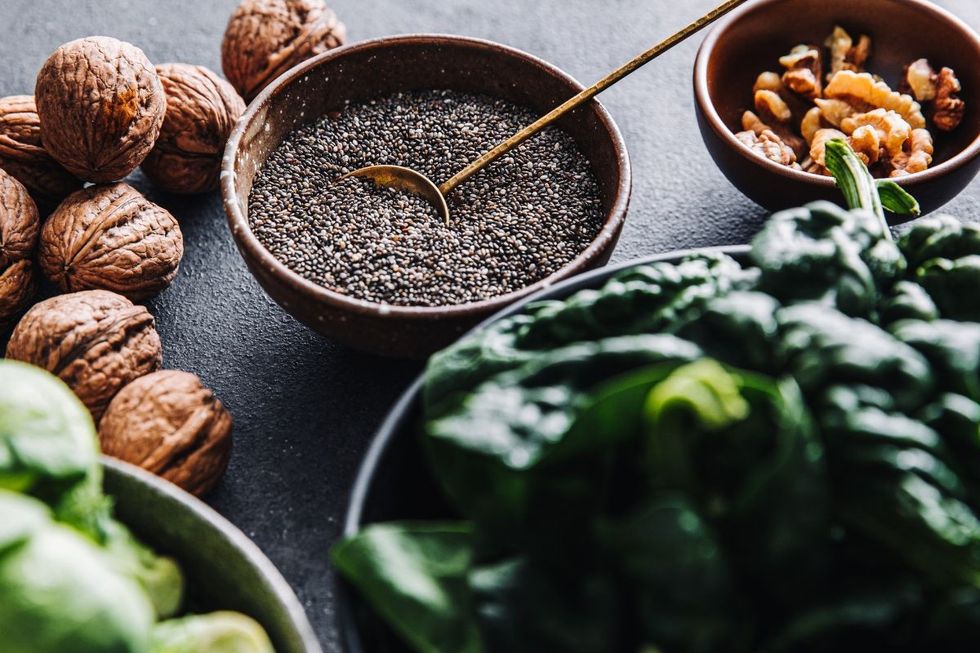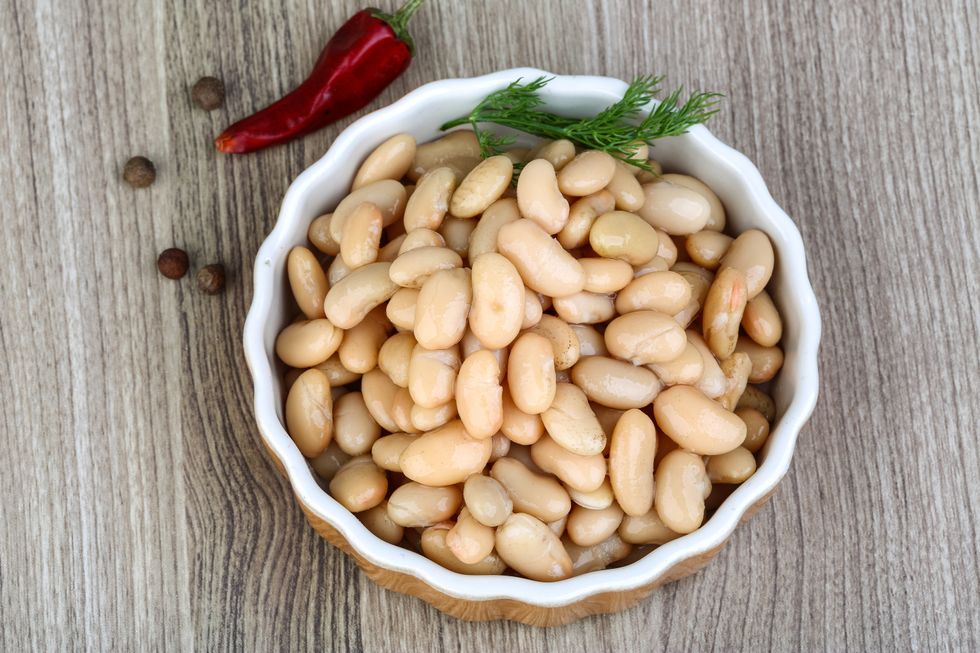High cholesterol: Top cardiologist shares crucial food swap that slashes lipid levels by as much as 25%

Dietary changes, medication and lifestyle adjustments can substantially lower LDL cholesterol levels
Don't Miss
Most Read
While statins are the mainstay of cholesterol treatment, lifestyle changes can match their effectiveness in reducing lipid levels when followed consistently. Sometimes, even a simple food swap can make a difference.
During the International Conference on Nutrition in Medicine, a leading cardiologist outlined multiple approaches to tackle elevated cholesterol, a condition that remains a significant and growing threat in the UK.
Professor Kim A. Williams Sr. from the University of Louisville School of Medicine highlighted the necessity of a "comprehensive approach" for people living with levels exceeding 200 mg/dL.
**ARE YOU READING THIS ON OUR APP? DOWNLOAD NOW FOR THE BEST GB NEWS EXPERIENCE**

There are multiple ways to tackle elevated cholesterol
|GETTY
The cardiologist detailed how combining dietary changes, medication and lifestyle adjustments could substantially lower LDL cholesterol levels over time.
Prof Williams identified ultraprocessed foods as particularly harmful, noting they "do add to LDL cholesterol, and they can actually decrease the HDL from normal to low, which isn't good for the heart as well."
These products typically contain excessive saturated fats, refined carbohydrates and various additives while lacking beneficial fibre.
Conversely, soluble fibres present in oats, pulses and flaxseeds can decrease LDL by up to 10 per cent. This is because the fibre is not absorbed in the intestine and can therefore bind to cholesterol and remove it from the body.
Phytosterols are also highly regarded by dietitians, achieving reductions of between five and 15 per cent.
These compounds are mostly present in plant-based foods such as vegetable oils, nuts, seeds, whole grains like wheat germ and oats, as well as legumes.
Food manufacturers may even add concentrated plant sterols and stanols to other products like fortified spreads and yoghurts.
Regular intake of nuts, seeds and soya products can lower LDL by five to seven per cent and approximately three to five per cent, respectively.
But according to Prof Williams, substituting saturated fats with unsaturated alternatives remains one of the most promising lifestyle interventions, reducing levels by as much as 25 per cent.
LATEST DEVELOPMENTS:

Cholesterol-lowering beans are an excellent source of phytosterols
|GETTY
But while lifestyle measures offer benefits over time, medical interventions remain crucial for patients with stubborn high cholesterol, according to Prof Williams.
Statins can decrease LDL by 30 to 50 per cent and simultaneously reduce cardiovascular event risks, with Prof Williams noting that combining statins with plant-based diets meant "not one patient ... has had one [cardiovascular] event".
Ezetimibe offers additional benefits, lowering LDL by 15 to 20 per cent through blocking intestinal cholesterol absorption.
PCSK9 inhibitors provide even greater reductions of 50 to 60 per cent, particularly benefiting those with inherited cholesterol conditions.











